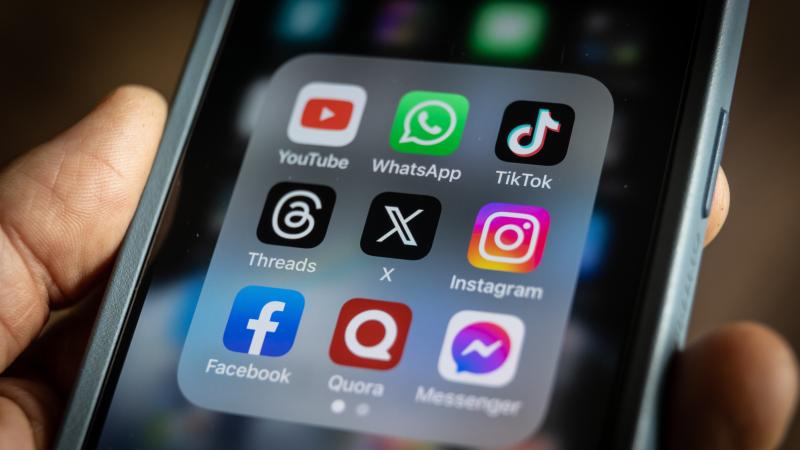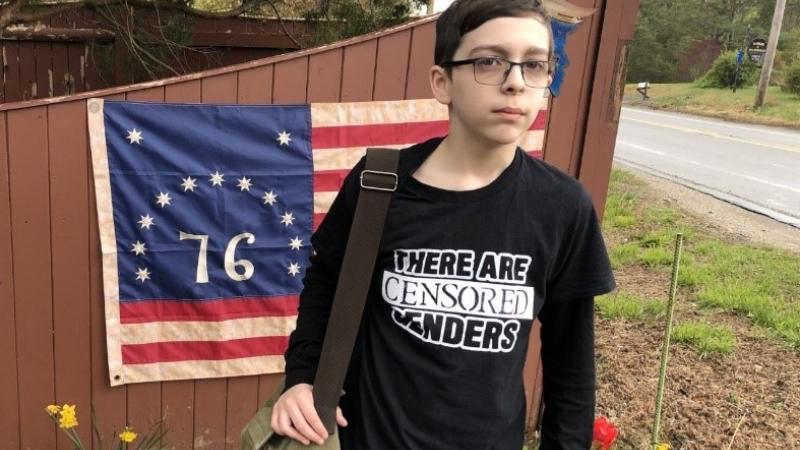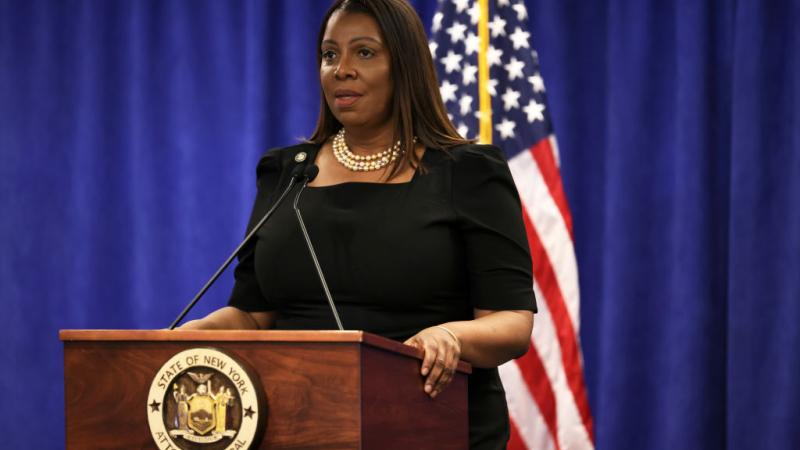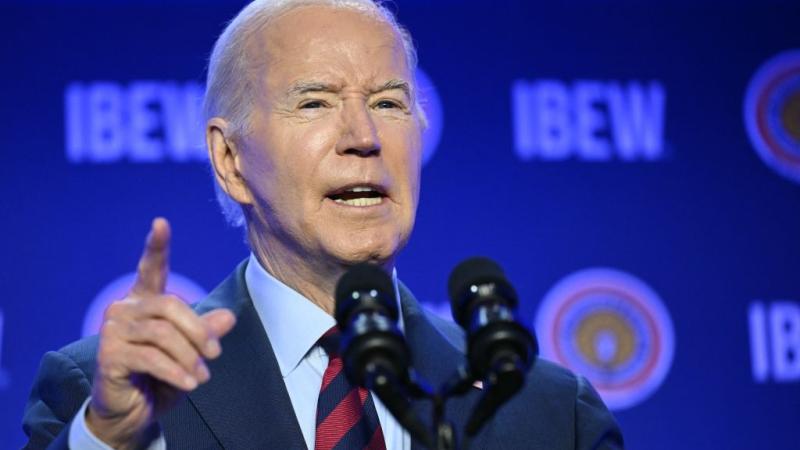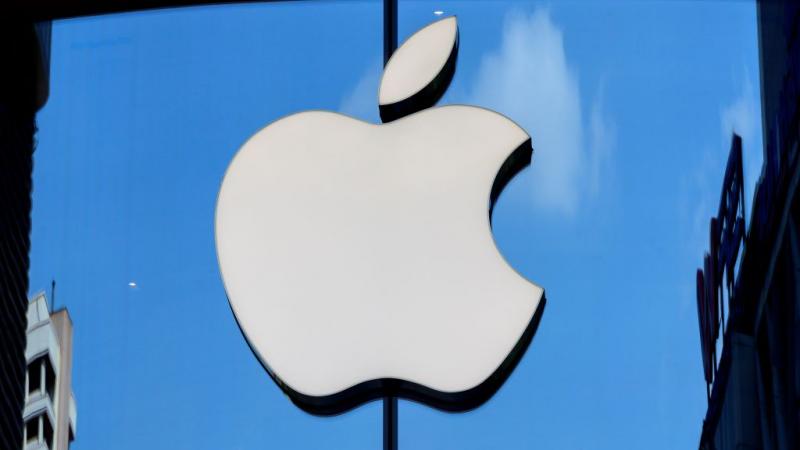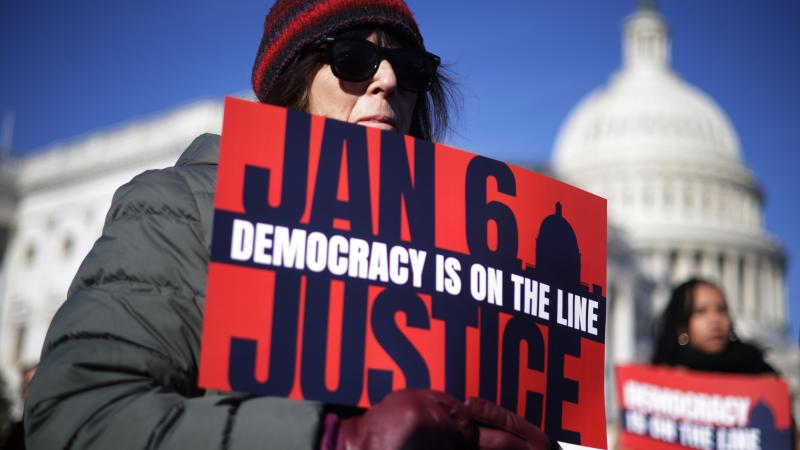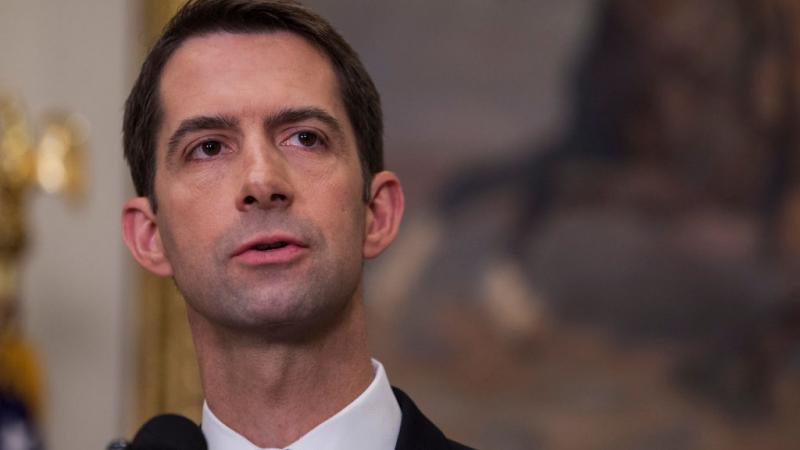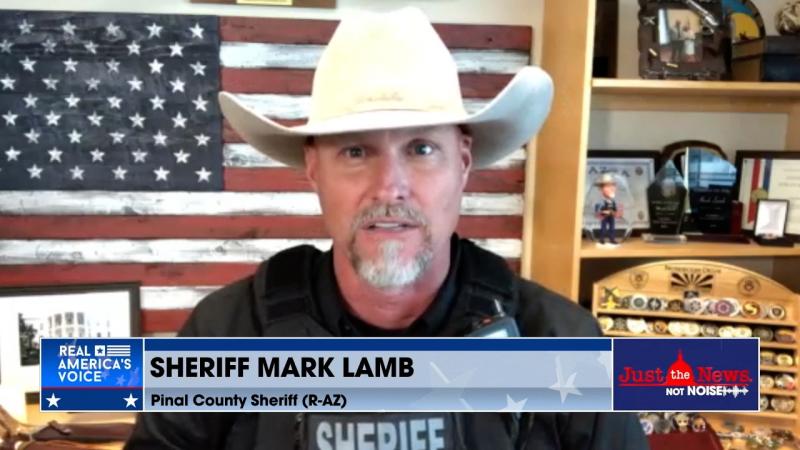Doctors sue California for COVID 'misinformation' law that enforces amorphous 'consensus'
Impractical and "absurd" to determine "contemporary scientific consensus" for purpose of opening medical license investigations, they argue.
A new California law that targets medical professionals for spreading purported COVID-19 misinformation is not only unconstitutional but has already been weaponized against doctors for sharing their informed judgments on treatments and risks, they claim.
Five California physicians sued Democratic Gov. Gavin Newsom, Attorney General Rob Bonta and the Medical Board of California to overturn the "unprofessional conduct" law and block its enforcement because even brief First Amendment violations constitute "irreparable harm."
The law, which Newsom signed a month ago, takes effect Jan. 1.
The plaintiffs include psychiatrist Aaron Kheriaty, fired by the University of California Irvine for refusing its COVID vaccine mandate based on his natural immunity. Kheriaty is also a complainant in the amended lawsuit against the Biden administration for colluding with social media to censor COVID wrongthink.
Also suing: epidemiologist Tracy Beth Hoeg, until recently a physician resident at UC Davis, who is known for her research on COVID interventions, and Stanford University emergency room physician Ram Duriseti, who has "a manuscript in progress re-analyzing a mask randomized controlled trial" and has met with California senators' offices on COVID policy.
It's the second lawsuit against the Medical Board in recent months. Physicians for Informed Consent sued on administrative grounds this summer, claiming the board abuses its authority to shut down physicians who challenge "the government's ever-evolving, erratic, and contradictory public health Covid-19 edicts."
Tuesday's midterm elections could also affect administrative investigations and legislation to suspend medical licenses.
Minnesota Republican gubernatorial candidate Scott Jensen pledged to kneecap the state medical board if he's elected due to multiple investigations of the family physician for his COVID views. He's 4.3 percentage points behind Gov. Tim Walz (D) in RealClearPolitics' polling average (Oct. 10-30).
The lawsuit against California AB 2098, which like the social media collusion lawsuit was filed by the New Civil Liberties Alliance, says the board already had authority to sanction doctors who truly threaten patients by, for example, advising them to inject bleach to treat COVID.
The complaint also denies any legal effect from Newsom's signing statement that narrows the law's application to physicians who act with "malicious intent or clearly deviat[e] from the required standard of care while interacting directly with a patient."
The law "imposes a quintessential viewpoint-based restriction" by sanctioning "minority views" the board deems to diverge from an undefined "contemporary scientific consensus," the doctors claim, asking how methodologically it would determine this consensus.
Such enforcement is "impractical and borders on the absurd," chiling the speech of doctors by making them constantly guess what the board deems "consensus" at any given moment, which violates the 14th Amendment, the suit claims.
Bonta's office, which represents all defendants, didn't respond to a request for its response.
The plaintiffs have already "directly experienced threats from other doctors in response to their exercise of their free speech rights on social media," sometimes referring to AB 2098. They named the nonprofit No License for Disinformation as having whipped up Twitter mobs to report Kheriaty, Hoeg and plaintiff Azadeh Khatibi, a peer-reviewed researcher who treats infectious diseases.
Kheriaty's declaration warns that the law will undermine trust in physicians by making patients believe they are "simply parroting a government-approved 'consensus' answer" on COVID questions "without regard to whether or not their doctor actually endorses it."
The simplistic claim that "the COVID-19 vaccine works” ignores the lowered vaccine effectiveness following viral mutation and growing immunity as well as increased recognition of severe adverse reactions such as myocarditis, Hoeg's declaration says.
Duriseti could have been punished under the law for resisting the temporary consensus early in the pandemic that patients with severe COVID should be treated with intubation, his declaration says. "Consensus" can also mask government-driven misinformation such as that vaccinated individuals can't spread COVID or develop myocarditis, which was directly contradicted by real-world data from Israel.
Khatibi bucked the consensus in treatment for her own life-threatening disease, according to her declaration. "If the lone doctor had been afraid of getting investigated or having his license revoked for suggesting a non-consensus opinion, I wouldn't have heard about options for aggressive treatment," she wrote.
The motion for preliminary injunction argues the plaintiffs don't have to wait for the law to take effect because of the likelihood their prior speech "may be used against them either as the basis for a complaint, or to enhance any sanctions for speech" after Jan. 1.
The law has already chilled their speech and "deprived patients of their First Amendment rights to receive their doctors' honest advice," they claim.
Supporters of the law made clear they wanted to silence doctors who question the risk-benefit analysis of masking and vaccination, despite the growing divide between the U.S. and Europe especially on vaccination by age group, the brief says.
The doctors have a "substantial likelihood of success on the merits" because case law is so clearly stacked against viewpoint-based discrimination and restrictions on even false information, they claim.
The controlling 9th U.S. Circuit Court of Appeals has "recognized the core First Amendment values of the doctor-patient relationship" in a 20-year-old medical marijuana case that also inverted the government's argument that professional speech deserves less protection, the brief says. The appeals court said it may deserve "the strongest protection" of all.
The Facts Inside Our Reporter's Notebook
Links
- block its enforcement
- fired by the University of California Irvine for refusing
- amended lawsuit against the feds for colluding
- her research on COVID interventions
- Physicians for Informed Consent sued on administrative grounds
- Scott Jensen pledged to kneecap the state medical board
- RealClearPolitics' Oct. 10-30 polling average
- lawsuit against AB 2098
- 20-year-old medical marijuana case

